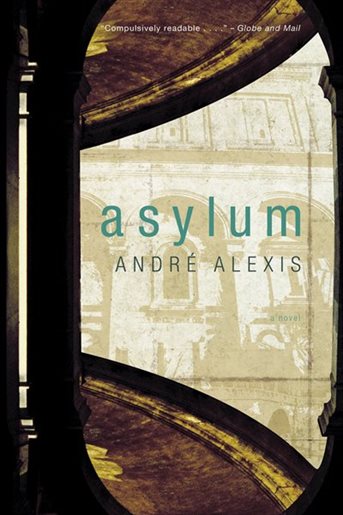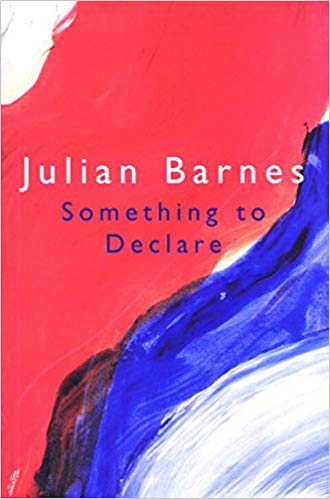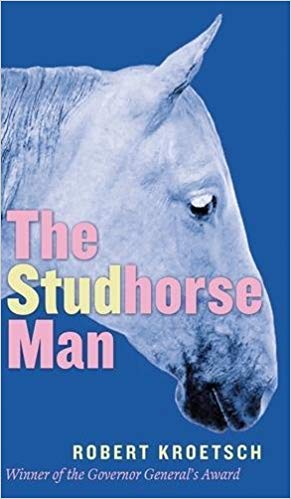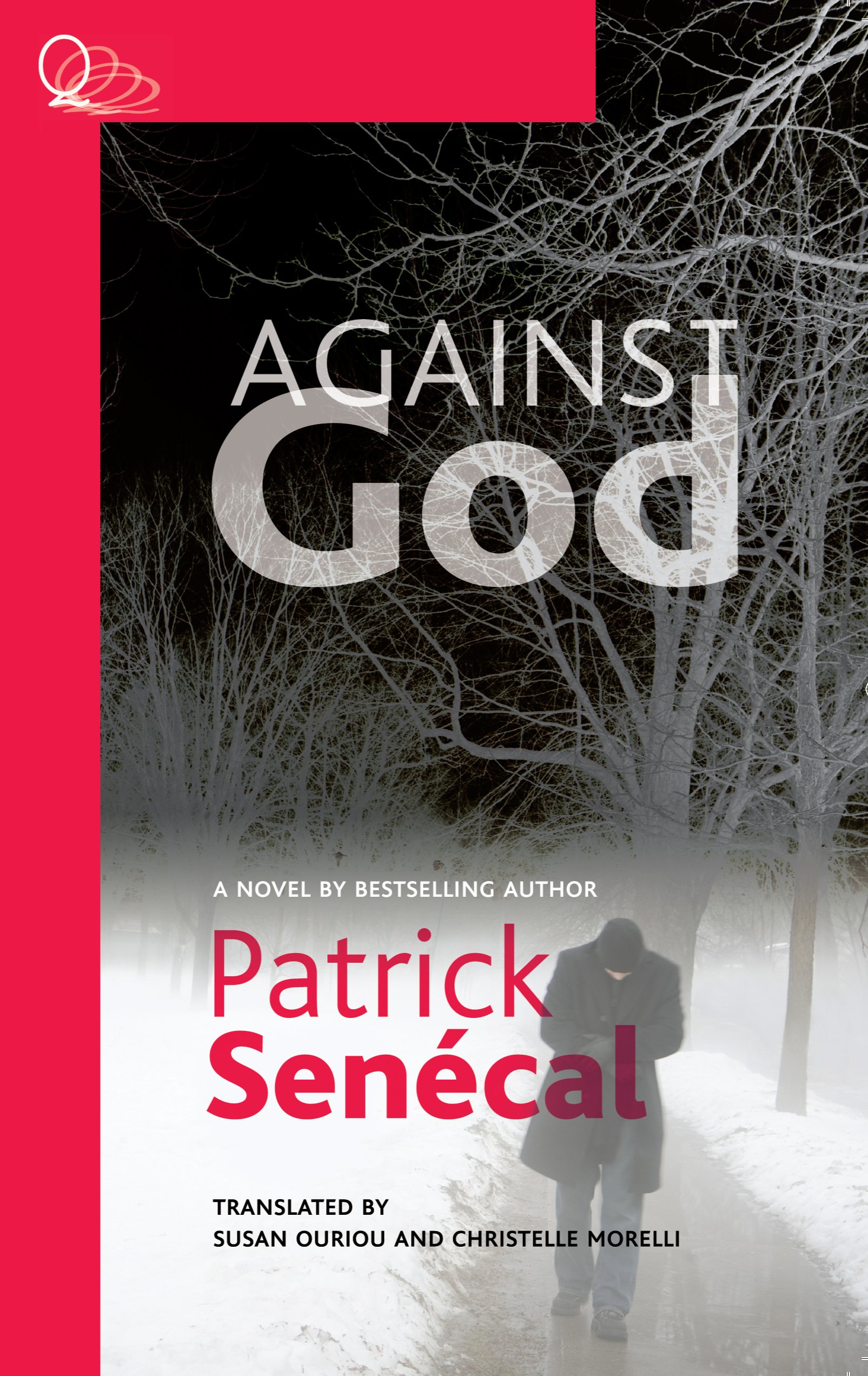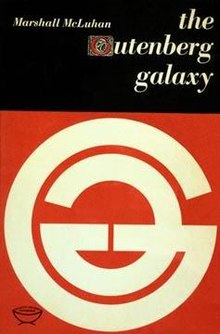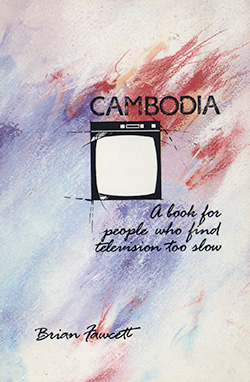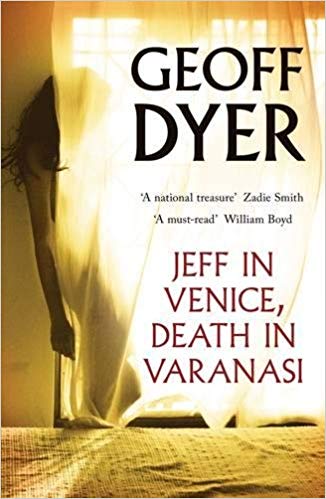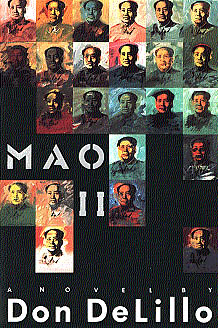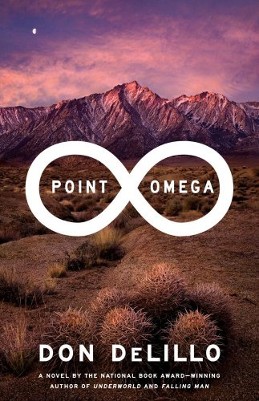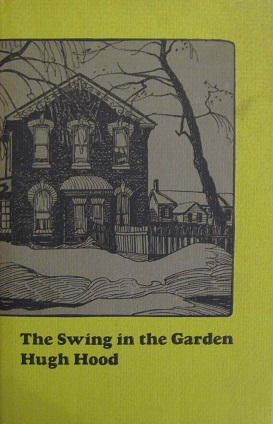Asylum, by André Alexis, is a novel about conservatism. Not necessarily an ideological conservatism, but the soft conservatism associated with words like tradition, memory, story and history. Asylum opens with a cloistered narrator (what could be more conservative than a devout religious?) who has lived for fourteen years in a monastery near Florence.
Category: Head
The category, Head, is for posts that make us think.
The Body Artist, by Don DeLillo
I have no idea what The Body Artist is about. Instead, let me tell you about grocery shopping in my neighbourhood. One of the places I go to buy my food is the Loblaws in Maple Leaf Gardens, former home of the Toronto Maple Leafs where they won the Stanley Cup in 1967 (and never again).
Beautiful Machine, by PW Cooper
In his book, Cambodia, Brian Fawcett observes that “the continuous growth of authority and bureaucracy is a universal phenomenon of modern political life. But bureaucratic authority has a most unexpected twin: genocide.” PW Cooper’s novella, Beautiful Machine, offers a fictional rendering of this proposition.
Something To Declare, by Julian Barnes
Although Julian Barnes’ 2002 collection of essays is subtitled “Essays on France and French Culture”, it might have been better to call it “Essays on Gustave Flaubert with a few other interesting tidbits thrown in for good measure”. Read it, if you so desire, as a supplement to his novel, Flaubert’s Parrot, and as further confirmation of the obsessive kinship Barnes feels for the man who is arguably the first modernist writer.
The Studhorse Man, by Robert Kroetsch
The 15th book in my January Book Project is The Studhorse Man, by Robert Kroetsch late of Alberta. Published in 1969, it has taken me almost forty-four years to get around to it. Of course, I was only six at the time of its publication, so I can be forgiven for some of my delay. But not all of it. Really, I should have read this years ago.
Against God (Contre Dieu), by Patrick Senécal
Québécois author, Patrick Senécal”s 2010 novel, Contre Dieu, has been translated by Susan Ouriou and Christelle Morelli and published in English by Quattro Books as Against God (2012). It could be described as a novel about theodicy in the 21st century or The Book of Job on amphetamines.
The Gutenberg Galaxy
The Gutenberg Galaxy is remarkable as an academic work both because it has wormed its way into popular consciousness and because it has persisted there for half a century. The reason for its popularity is that Marshall McLuhan knew not only how to think about media, but also how to exploit them.
Cambodia
Marshall McLuhan summarizes his book, The Gutenberg Galaxy, with: “The theme of this book is not that there is anything good or bad about print but that unconsciousness of the effect of any force is a disaster, especially a force that we have made ourselves.” The paradox of this statement (or its Catch-22) is that a medium functions by carving off and emphasizing one sense over all the others and this has a hypnotic effect that makes it impossible for us to see the effect it produces.
Life Without, by Ken Klonsky
Like Against God, which I looked at in my previous post, Life Without is a novella from Toronto-based Quattro Press. The phrase “life without” is an abbreviation of “life without possibility of parole” which, in a state like New York, is the most severe sentence a person can receive.
Tel-talk
The 8th installment of my January Book Project is Tel-Talk, edited by Paola Poletto, Liis Toliao & Yvonne Koscielak – published by Tightrope Books. It both documents and responds to interventions/installations staged last year around telephone booths mostly in downtown Toronto, mostly near where I live, which makes it personally a fun book to read.
Jeff in Venice, Death in Varanasi, by Geoff Dyer
The 7th installment of my January Book Project is Geoff Dyer’s 2009 novel, Jeff in Venice, Death in Varanasi. See my earlier review of his 2011 non-fiction collection, Otherwise Known as the Human Condition. Maybe I should have read these in the order of their publication. And yet it seems fortuitous to have done things in reverse because Otherwise etc. alerted me to many of Dyer’s concerns/interests/passions and I came to his novel ready to watch how they played out in a fictional space.
Searching For Gilead, by David G. Hallman
It is tempting to read Searching for Gilead as a fictionalized elaboration and expansion of August Farewell. Like Hallman, the narrator, Tom Fischer, is an environmental advocate, and the fact that the story is told in the first person creates the illusion that the author and narrator are the same person.
Mao II by Don DeLillo
Pages 40 and 41 gaze at one another with a canny prescience. On page 40, we have the image of the Twin Towers. On page 41, we have a discussion of terrorism and danger on planes. Mao II was published in 1991, a full decade before 9/11. And yet there it is.
Point Omega by Don DeLillo
The main character of Point Omega is Richard Elster, a defense intellectual, an academic recruited by the DOD to “freshen the dialogue, broaden the viewpoint.” Like my great uncle Perly, Elster approaches problems conceptually. He abstracts himself from the gritty reality his work supports.
The Swing in the Garden, by Hugh Hood
My third installment in the January Book Project is the first novel in Hugh Hood’s New Age cycle of twelve novels set in Toronto. Published in 1975, The Swing in the Garden has the feel of a memoir, evoking Toronto in the years of the great Depression, with a clear sense of local geography and civic politics.
